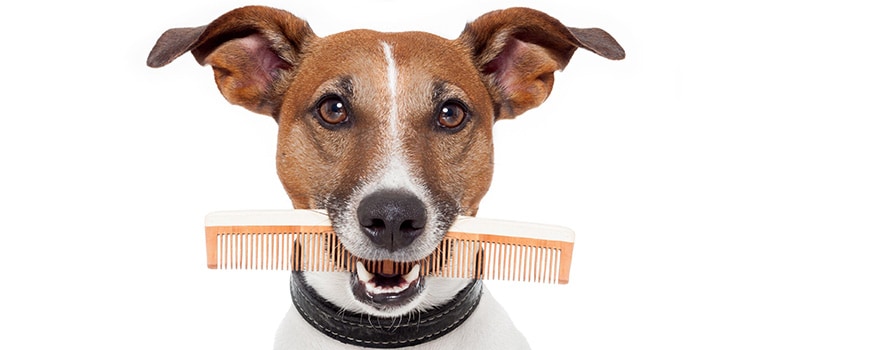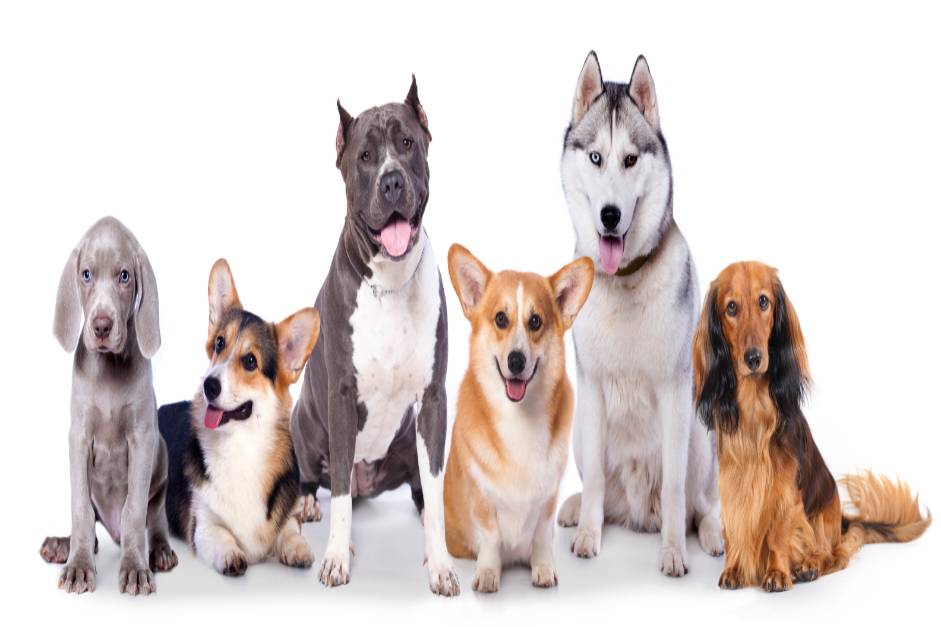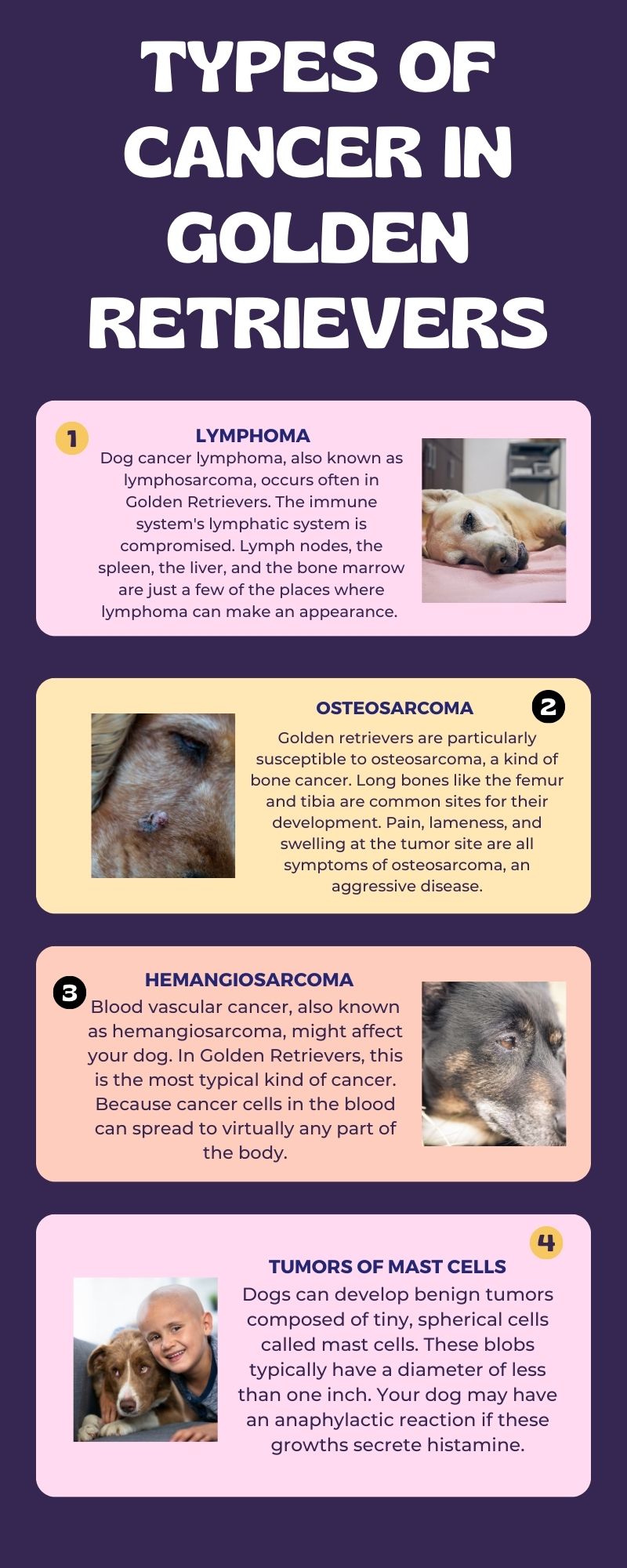The golden retriever is one of the most popular dog breeds in the world due to its sociable, loyal, and loving personality. Despite their cheerful demeanor, these animals are at a higher risk of developing cancer than many others.
But why do Golden Retrievers get cancer? It’s a question that concerns many owners of this beloved breed.
The limited research on this topic suggests that ‘Golden Retrievers have a higher risk of cancer due to inherited genes passed down from their ancestors, leading to a trapped cancer gene pool within the breed.’
The following article will explain why Golden Retrievers have a higher risk of developing cancer than other dog breeds. We’ll look at everything from inherited tendencies to environmental factors that might be contributing to this disturbing pattern.
Cancer In Dogs: A Growing Concern
The phrase “canine cancer” is used to describe a group of over a hundred different illnesses. Regardless of the underlying reason, cancer is characterized by a rapid and unchecked proliferation of cells. This proliferation is caused by changes in the genes that instruct cells how to operate. There are two possible locations for the faulty signal: dysfunctional genes inherited from one’s parents, or normal genes that become active after being subjected to damaging environmental factors.
Certain dog breeds appear to have a higher risk of developing cancer than others, and this tendency is thought to have a significant hereditary component. Although several genes have been linked to increased cancer risk, it is unusual for a single gene to be the only culprit.
Cancer is the leading cause of death in dogs, accounting for nearly 50% of fatalities in dogs over the age of 10 (1).
Golden retrievers, in particular, have a higher prevalence of cancer, with estimates suggesting that up to 60% of goldens will develop some form of cancer during their lifetime (2).
Main Causes Of Cancer In Golden Retrievers
The main reasons for cancer predisposition in golden retrievers are:
Genetics
There is a long record of selective breeding in the golden retriever breed, which has served to maintain certain characteristics of the breed. Because of selective breeding, the gene pool of the breed has shrunk and inbreeding has grown. Both good and negative genetic features can become concentrated through inbreeding. The presence of cancer-causing mutations in the gene pool has been linked to an increased risk of the disease.
Because of the reduction in genetic variety caused by inbreeding, cancer-causing recessive genes are more likely to be passed down from parent to child. Inbreeding increases the likelihood that these traits will be passed down from generation to generation, which may explain why golden retrievers are more likely to develop cancer.
Furthermore, new studies have shown certain gene mutations associated with an elevated risk of cancer in golden retrievers. A mutation in the POMC gene, for instance, has been linked to an increased risk of lymphoma and hemangiosarcoma in the breed.
Environmental Factors
Environmental factors also contribute to the development of cancer in golden retrievers. Exposure to harmful chemicals, such as pesticides and herbicides, can increase the risk of cancer in dogs. Air pollution and secondhand smoke have also been implicated in canine cancer development.
Diet plays a crucial role in overall health, and a poor diet can contribute to the development of cancer in dogs. A diet high in processed foods, artificial additives, and low-quality ingredients can lead to inflammation and oxidative stress, which are known to promote cancer (3).
What Is The Average Age Of A Golden Retriever With Cancer?
According to several studies, the likelihood of a Golden Retriever developing cancer considerably heightens after the dog reaches the age of six years old. It reaches its pinnacle between the ages of 10 and 12, which is also the typical lifespan of a Golden Retriever (4).
It is important to note that male Golden Retrievers are more likely to be diagnosed with cancer than females. While 57% of female Golden Retrievers will be diagnosed with cancer in their lifetime, the percentage of male Golden Retrievers diagnosed with cancer increases to 66%.
Types Of Cancer In Golden Retrievers
Some forms of cancer are more common in Golden Retrievers than they are in other breeds. Among these are:
Lymphoma
Dog cancer lymphoma, also known as lymphosarcoma, occurs often in Golden Retrievers. The immune system’s lymphatic system is compromised. Lymph nodes, the spleen, the liver, and the bone marrow are just a few of the places where lymphoma can make an appearance. Lymph node enlargement, fatigue, lack of appetite, and weakness are all possible symptoms.
Osteosarcoma
Golden retrievers are particularly susceptible to osteosarcoma, a kind of bone cancer. Long bones like the femur and tibia are common sites for their development. Pain, lameness, and swelling at the tumor site are all symptoms of osteosarcoma, an aggressive disease. Managing this illness requires prompt diagnosis and therapy.
Hemangiosarcoma
Blood vascular cancer, also known as hemangiosarcoma, might affect your dog. In Golden Retrievers, this is the most typical kind of cancer. Because cancer cells in the blood can spread to virtually any part of the body.
Its presence has been documented in a variety of bodily tissues. The spleen, heart, and liver are typical targets. Hemangiosarcoma is a kind of cancer that begins in one organ but swiftly spreads to others.
Tumors Of Mast Cells
Dogs can develop benign tumors composed of tiny, spherical cells called mast cells. These blobs typically have a diameter of less than one inch. Your dog may have an anaphylactic reaction if these growths secrete histamine.
As long as they stay on the surface, they typically don’t create too many problems. When these growths migrate to other parts of your dog’s body, complications might arise.
Small lumps anywhere on your dog’s body should be checked out by your vet immediately. If the tumor can be removed without leaving any residual cells, it usually won’t be a problem for your dog.
Mast cells tend to spread, so if your dog has one anywhere on their body, they are more likely to get more.
Signs Of Cancer In Golden Retrievers
Identifying cancer in your Golden Retriever requires vigilance and awareness of potential signs and symptoms.
While these signs can vary depending on the type and stage of cancer, below are some common indicators that may suggest the presence of cancer.
If your Golden Retriever exhibits any of these symptoms, you should schedule an appointment with a veterinarian as soon as possible. The prognosis for canine cancer is considerably enhanced by prompt diagnosis and treatment.
- Unusual odors from the mouth, ears, or body
- Wounds and sores that do not heal
- Sudden and significant weight loss
- Abnormal discharge from the eyes, ears, mouth, or rectum
- Rapidly growing lumps or bumps under the skin
- Changes in potty habits, such as frequency, color, or presence of blood
- A shift in mood from happy to sad, depressed, or lethargic
- Signs of pain, including limping, difficulty moving, or vocalization
Take A Way
Genetic and environmental factors both have a role in the higher incidence of cancer in golden retrievers. Through awareness and preventative steps, we can lessen the likelihood that our beloved goldens may contract this fatal illness.
Take charge of your golden retriever’s health by keeping him or her in for regular checkups, feeding it balanced food, giving it enough exercise, and keeping them away from harmful substances.
The future of your beloved golden companions can be better and healthier if you work together with a vet for it.





